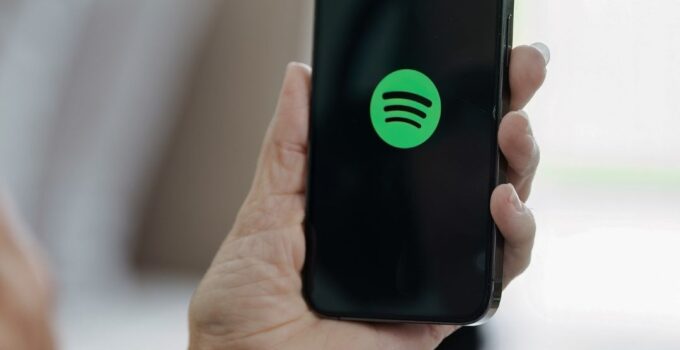In 2019, Spotify made a decision that would reshape the global app market.
They filed a formal antitrust complaint against Apple with the European Commission — claiming that Apple was using its App Store as a weapon against competitors.
It wasn’t just a bold move. It was a high-stakes gamble against one of the most powerful companies in the world.
And Spotify had receipts.
What Spotify Accused Apple Of
Spotify’s argument boiled down to two core issues:
-
The Apple Tax – Apple took a 30% cut of all in-app purchases, including Spotify subscriptions. If Spotify wanted to sell subscriptions via its iOS app, they had to either:
-
Raise prices for iPhone users, or
-
Eat the cost and lose profit
-
-
Unfair Restrictions – Apple banned Spotify (and others) from telling users about cheaper subscription options available on the web. Even linking to an external payment page could get your app rejected.
Meanwhile, Apple Music, Spotify’s direct competitor, faced none of those restrictions.
The EU Stepped In
Spotify’s complaint triggered a formal antitrust investigation by the European Commission, one of the most powerful regulatory bodies in the world.
In 2021, the EC filed preliminary charges against Apple.
In 2023, Apple was fined €1.84 billion for abusing its dominant market position — one of the largest tech antitrust penalties ever.
The case wasn’t just about Spotify anymore.
It became the tip of the spear in a broader battle over how Big Tech controls digital marketplaces.
Spotify Didn’t Wait Around
While the legal wheels turned, Spotify got to work.
-
Rolled out AI-powered playlist generation
-
Doubled down on hyper-personalized music discovery
-
Acquired massive podcast properties like Joe Rogan Experience and Call Her Daddy
-
Expanded into audiobooks and creator tools
Meanwhile, Apple Music remained largely a “modernized iTunes” — functional but uninspired.
Spotify didn’t just survive Apple’s dominance.
They used it as fuel to build something better.
By 2025, the Rules Changed
Thanks to regulatory pressure and global scrutiny, Apple began loosening its grip:
-
Allowing links to external payment systems
-
Reducing commissions in some cases
-
Facing ongoing investigations in multiple regions
Spotify’s legal battle became a blueprint for platform accountability. It forced Apple to rethink how it treats third-party apps — and emboldened others (like Epic Games) to follow suit.
The Bigger Lesson
You don’t have to beat a monopoly with brute force.
Spotify didn’t match Apple’s market power — they challenged it with policy, innovation, and relentless pressure.
The result? A fairer digital playing field. And a reminder that even tech giants aren’t untouchable.




